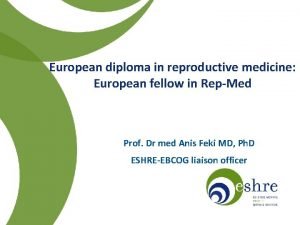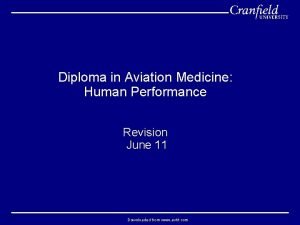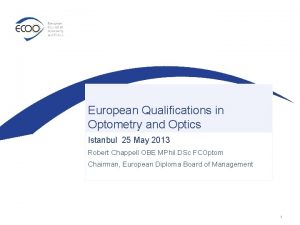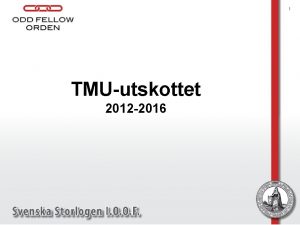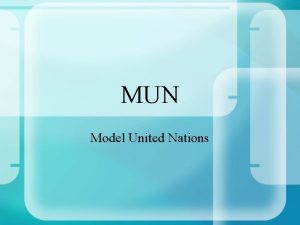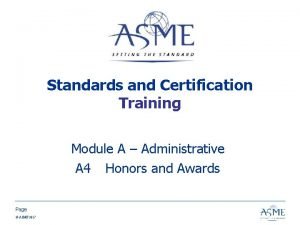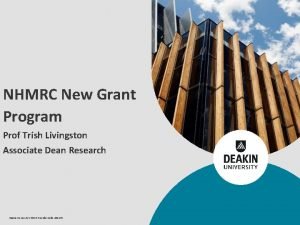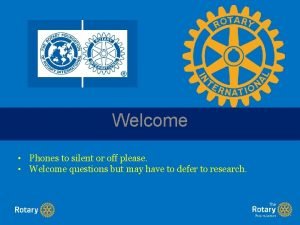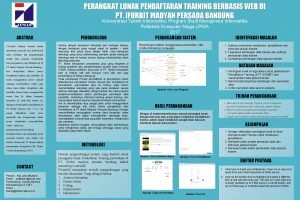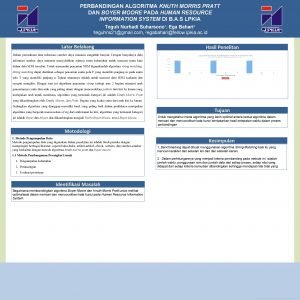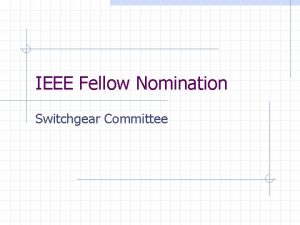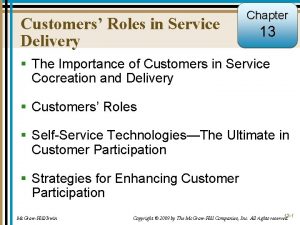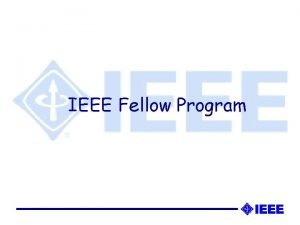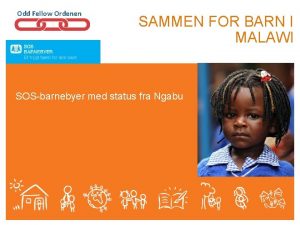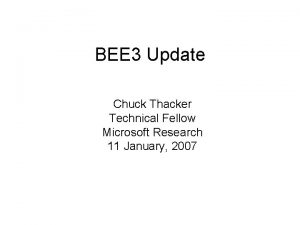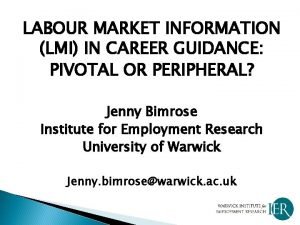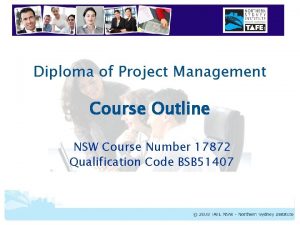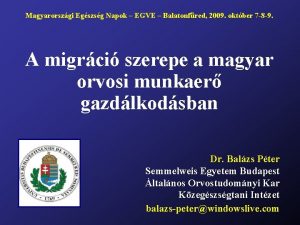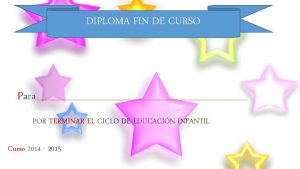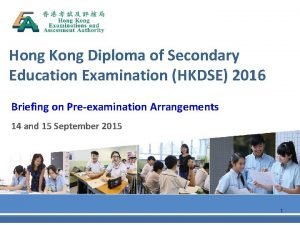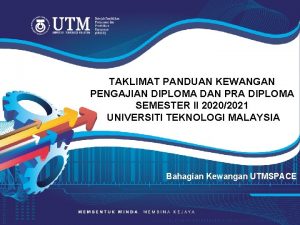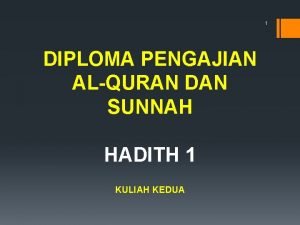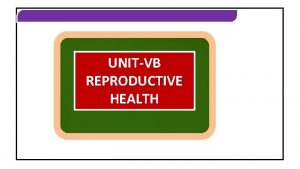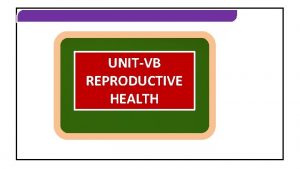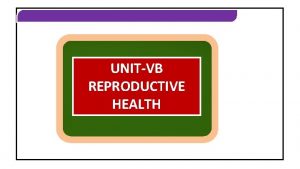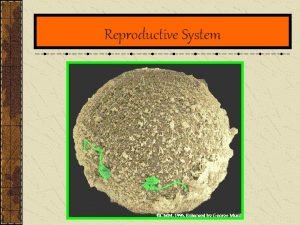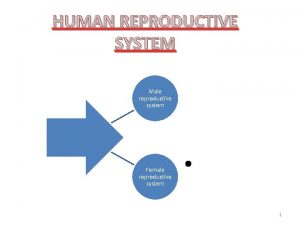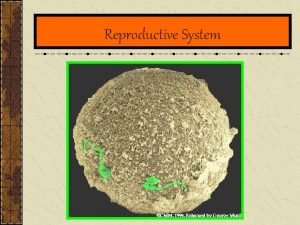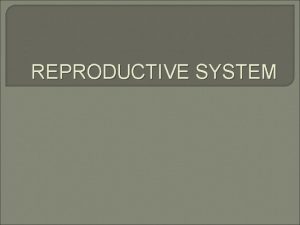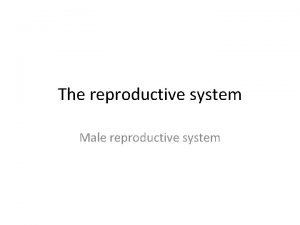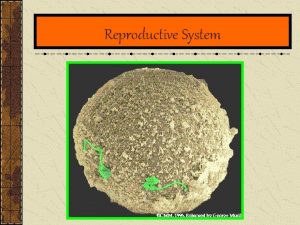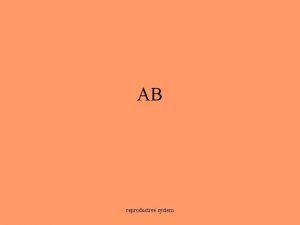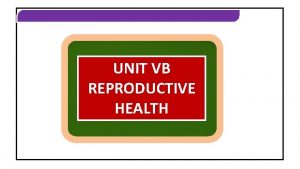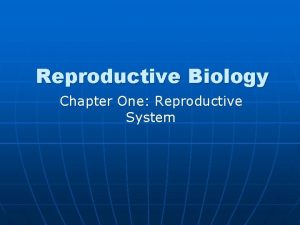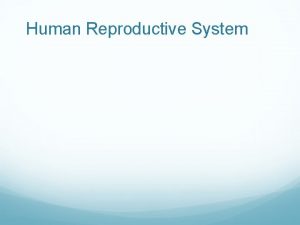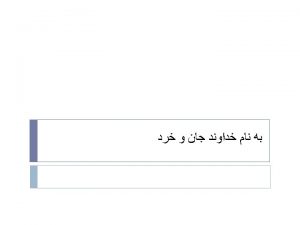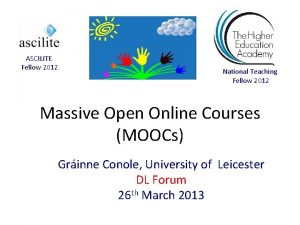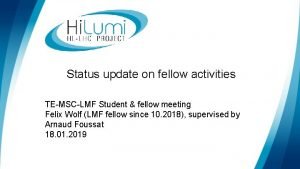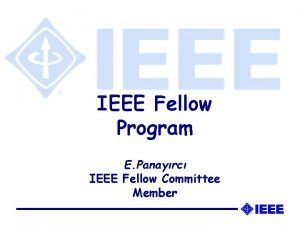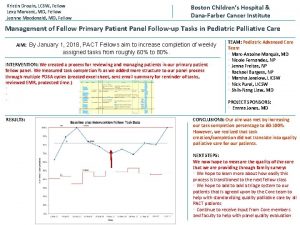European diploma in reproductive medicine European fellow in






























- Slides: 30

European diploma in reproductive medicine: European fellow in Rep-Med Prof. Dr med Anis Feki MD, Ph. D ESHRE-EBCOG liaison officer

No conflict of interest to declare

Union Européenne des Médecins Spécialistes (UEMS) • EBCOG is the Board of Obstetrics and Gynecology Section of UEMS • The Officers of EBCOG are the Officers of the UEMS Section that are represented on various UEMS Multi-Disciplinary Joint Committees such as those for Sexual Medicine and Breast Care • EBCOG assess applications to UEMS for CME accreditation in OB -GYN specialty

EUGA ESHRE Gyn-Oncology (3 years) ESGO Uro-Gynecology (3 years) Foeto-Maternal Medicine (3 years) ENTOG EAPM Obstetrics & Gynecology training (5 years) EBCOG UEMS Reproductive Medicine (3 years) European Network of Trainees in Ob/Gyn

Rational to re-think training in EU? • Change in societal demands on doctors, necessitate changes in the training of gynecologists via adaptation to the needs of major stakeholders: society, patients, and doctors themselves • Doctors need to be cognizant of societal issues such as rapidly rising healthcare costs and budgetary crises, and be able to participate in the solutions • There is a need of effective medical leadership, which has been a neglected area in postgraduate training • The holistic view of patient rooted in proper teamwork and systems-based practice is essential to provide patient-centered care • Feminization of the medical profession and a new generation of doctors rejecting the constraints of the traditional model of medical care introduce new professional perspectives • EBCOG-PACT: Project for Achieving Consensus in Training’ has been initiated by EBCOG to harmonize training in Obstetrics and Gynecology throughout Europe

Situation in Europe • Disharmonized level of training across Europe • ESHRE: Harmonized logbook • ESHRE-EBCOG accreditation of training centers • Very few countries with National subspecialty training program (UK, Netherlands, CH)

What does it mean Rep Med/REI? • Is a subspecialty of Obstetrics and Gynecology that focuses on the inability to have a live born child (WHO) commonly related to problems of endocrinology and to infertility. • The specialty is more focused on the female aspects of reproduction but knowledge of male reproductive issues relating to infertility are also objectives for the subspecialty. • The subspecialty has great variety in its services including pediatric endocrinology, male infertility, menopause, and treatment of fertility in cancer patients. • Surgical and technical aspects of the subspecialty include surgery for congenital reproductive anomalies, fertility promoting minimally invasive surgery and assisted reproductive technologies such as in vitro fertilization.

What defines Reproductive Medicine sub-specialty training? • Basic training and specialist in obstetrics and gynecology • Ideally ESHRE-EBCOG accredited center • 3 years sub-specialty training: Minimum – Defined logbook – Trained mentor – With one year basic/clinical research – 2 years of supervised clinical practice

• Andrology • Embryology • Endometriosis and endometrial disorders • Ethics & Law • Global and socio cultural aspects of infertility • Implantation and early pregnancy • Psychology and counselling • Reproductive endocrinology • Reproductive genetics • Reproductive surgery • Safety and quality in ART • Stem cells Improve quality of training (MDs, embryologists, paramedics) SIGs What is ESHRE’s aim?

What should contain an extended syllabus? • BASIC SCIENCES – Anatomy – Physiology – Genetics and molecular biology – Embryology – Pathology – Biochemistry – Biophysics – Immunology – Pharmacology • CLINICAL SCIENCES – Infertility – Endocrinology – Reproductive Genetics – Pediatric and adolescent – Disorders of menstruation – Andrology – Climacteric problems – Sexually transmitted disease – Family planning – Assisted reproductive technology ( ART) – Reproductive Surgery – Ultrasound – Statistics and epidemiology – Psychosomatic , psychosexual and stress related disorders – Ethics, law, resources

Basic modules

Gynecological endocrinology Requirements Certificate of patient management (at least 3 consultations per case type listed 100 below) Curriculum specific requirements: o Neuro-endocrinology Principles of physiology and pathophysiology of female genital organs o Knowledge of endocrine axis functionalities o Knowledge of analysis methods and interpretation of hormonal analyzes results o Knowledge of the clinical pharmacology of hormonal drugs o Special knowledge in diagnosis and treatment of menstrual disorders, incl. primary (delayed puberty) and secondary amenorrhea Diagnosis and hormonal therapy of dysfunctional uterine bleeding and dysmenorrhea Special knowledge in diagnosis and treatment of premenstrual syndrome Special knowledge in diagnosis and treatment of complex gynecological endocrine diseases o Disorders of gonadal hypothalamic-pituitary axis o Hyperprolactinaemia o Androgenization, incl. PCOS (with metabolic syndrome) Special knowledge of the influence of gonadal and extra-gonadal endocrinal axis dysfunction and treatment of these dysfunctions related to gynecological disorders in particular: thyroid axis dysfunction, adrenal axis dysfunction, and acromegaly Special knowledge in endocrinology of pregnancy and immunology of reproduction

Diagnosis of infertility and targeted therapy of infertility disorders (incl. ART) - Certificate of patient management (at least 3 consultations per case type listed below) 100 - Curriculum of specific requirements: - o Genetics of female and male infertility o Counselling of infertile couples to all other possible treatment except ART o Diagnosis and treatment for recurrent pregnancy loss o Counselling for ART o Knowledge of the legal situation both nationally and in Europe Diagnostic and therapeutic Measurements: o Infertility treatment without IVF / ICSI: Ovarian stimulation / induction of ovulation 100 IUI 50 o Infertility treatment with IVF / ICSI: Induction of follicular maturation / Egg collection 75 Embryo Transfer 75 Investigation of tubal patency and / or uterine cavity with HSG, or hydrosonography, 50 or hysterosalpingo-sonography with contrast medium

Counselling and treatment management in menopause - Certificate of patient management (at least 3 consultations per case) Curriculum of specific requirements: o Knowledge of menopause physiology o Principles of epidemiology and statistics o Early menopause o Pharmacology of hormone replacement therapy (benefits and risks) o Alternatives to hormonal treatments (benefits and risks) o Investigations and hormonal prevention of osteoporosis o Counselling and support of elderly couple o Counselling and prevention of: Cardiovascular disease, osteoporosis, neurodegenerative diseases, cancer and management of women with osteoporosis and management of women with dyslipidemia 10

Contraception - Certificate of patient management (at least 3 consultations per case with at least 10 clinically complex cases referred to advise) 10 Curriculum of specific requirements: o Principles of the physiology of fertilization o Counselling for contraception o Knowledge of hormonal and non-hormonal contraception methods: Pharmacology, metabolism, effects on metabolism (thyroid, bone, coagulation, etc. ) Patient instruction Indication Side effects, risks, safety, against-indications o Knowledge of the management and prevention of serious side effects or complications of contraception o Practical experience in the insertion / removal of intrauterine devices (IUDs) or implants Insertion of IUD (LNG-IUD included) Removal of a non-visible IUD-threat under ultrasound control Insertion of contraceptive implants Removal of contraceptive implants 25 5 10 10

Surgical Management of Infertility - - Curriculum of all surgical interventions: o hysteroscopy diagnostic and operative o laparoscopy diagnostic and operative According to ECRES syllabus: https: //www. eshre. eu/Accreditationand-Certification/ECRES/About-ECRES. aspx 150

Optional modules (specific fields of interest)

Andrology - Certificate of patient management (at least 3 consultations per case) Curriculum of specific requirements: o Endocrinology of male puberty o Genetics of male infertility o Physiology of male reproduction system o Patient’s clinical history and diagnosis of male infertility o Management and therapy for male infertility o Principles of Cryobiology and sperm cryopreservation o Laboratory Methods: Sampling and interpretation of sperm analyzes Sperm preparations Requirements 30 100 50

Gynecology of the adolescent - Certificate of patient management (at least 2 consultations per case) Curriculum of specific requirements: o Embryology of female and male genitalia o Endocrinology from childhood to adolescence o Disorders of sexual differentiation o Disorders in female sexual maturation o Diagnosis of primary amenorrhea o Diagnosis of female genitalia malformations o Early identification of victims of sexual violence 30

Psychosomatic and counselling training - Certificate of participation in a theoretical seminar on counseling techniques: Counselling in cases of infertility 6 hours Counselling of recurrent pregnancy loss 20 cases 10 cases Counselling in cases of psychosomatic disorders related to menopause 5 cases Counselling in cases of fertility preservation 5 cases

Early pregnancy and RPL - Certificate of patient management (at least 3 consultations per 10 case) Curriculum of specific requirements in ESHRE syllabus and extensive knowledge in early pregnancy problems; clinical competence and detailed understanding of the differences in etiology, diagnosis and management of: sporadic miscarriage and complications e. g. hemorrhage, infection, uterine perforation and need for blood transfusion knowledge of early pregnancy loss and appropriate management choice e. g. expectant, medical or surgical recurrent pregnancy loss, diagnostic criteria, investigation, management and counselling ectopic pregnancy and pregnancy of unknown location knowledge of thrombophilia, genetics, ultrasound imaging and gestational trophoblastic disease

Duration and structure of the training • The full time training in reproductive medicine and gynecological endocrinology lasts at leat 3 years • Postgraduate training can be acquired entirely part-time (50% or more) but will take longer as a consequence • Research should be on the basis of peer-review publication in the field of reproductive medicine • To obtain sub-specialist training in reproductive medicine and gynecological endocrinology, the candidate must hold the title of specialist in gynecology and obstetrics and be a member of at least EBCOG, ESHRE and national society • It is necessary to present proof of completed modules including completion of trainee logbooks and validated competence signed by the educational supervisor(s) • The specific objectives to sub-specialist training in reproductive medicine and gynecological endocrinology are structured in modules. The 4 basic modules are obligatory for all candidates who must also certify the acquisition of two additional modules (choice of 2 from 4 options).

ESHRE continued educational achievements in Rep. Med training? • ESHRE Campuses • E-learning platform • ESHRE certification for embryologists • ESHRE Certification for nurses and midwives • ECRES Certification for Reproductive Endoscopic Surgeons • Centers accreditation of subspecialist training program in Reproductive Medicine

Example of value of training and certification in Reproductive Endoscopic Surgery

Rationale • Endoscopic surgery enlarges the treatment possibilities and increases patient compliance • Reproductive Endoscopic Surgery (RES) performed by well trained and experienced clinicians improves fertility preservation and ART treatments results • RES reduces patients’ pain and the risk of complications thus improving quality of life and safety

• Primary level in Reproductive Endoscopic Surgery • Master level in Reproductive Endoscopic Surgery • Applicants will first have to pass the Primary level before starting the Master level • CME /CPD an important domain of the ECRES program in order to keep the high standards. For Certification Renewal need CME points

ESHRE future developments • Certification in Ultrasound training • ESHRE Quality control label of ART centers • ESHRE preparing European Fellow diploma in Rep Med: “ESHRE-EBCOG-EFRM” • First European Fellow diploma examination in Rep-Med planed during Barcelona annual meeting in 2018

Conclusion Enhance harmonization of both quality standards of women’s healthcare practice and standards of postgraduate training across the EU Identification of areas of possible improvement as well as strong points of training Assure equality of training of Rep-Med gynecologists and promoting mobility throughout Europe by assuring certification of individuals and accreditation of institutions Enhance cooperation and exchange of best practices between medical specialists and hospitals within Europe

Bibliography http: //www. ebcog. org/index. php https: //www. uems. eu/ https: //www. eshre. eu/ Carlos Calhaz-Jorge, Anis Feki, Roy Farquharson. European view of subspecialty training on behalf of the European Society of Human Reproduction and Embryology (ESHRE). Fertil Steril. 2015 Jul; 104(1): 8 -11 • Van der Aa JE, Goverde AJ, Teunissen PW, Scheele F. Paving the road for a European postgraduate training curriculum. Eur J Obstet Gynecol Reprod Biol. 2016 Aug; 203: 229 -31 • Scheele F, Novak Z, Vetter K, Caccia N, Goverde A. Obstetrics and gynaecology training in Europe needs a next step. Eur J Obstet Gynecol Reprod Biol. 2014 Sep; 180: 130 -2. • •

MERCI
 Diploma in reproductive medicine
Diploma in reproductive medicine Aviation medicine diploma
Aviation medicine diploma European diploma in optometry
European diploma in optometry Odd fellow medlemsregister
Odd fellow medlemsregister Mun phrases
Mun phrases Asme fellow nomination
Asme fellow nomination Trish livingston deakin
Trish livingston deakin Little fellow
Little fellow Paul harris fellow certificate template
Paul harris fellow certificate template Fellow lpkia
Fellow lpkia Fellow lpkia
Fellow lpkia Ieee fellow nomination
Ieee fellow nomination Customer role in service delivery example
Customer role in service delivery example Ieee fellow program
Ieee fellow program Odd fellow orden
Odd fellow orden 2bee3
2bee3 Clarence filsfils
Clarence filsfils Ciaran oliver
Ciaran oliver Ocr level 6 diploma in career guidance and development
Ocr level 6 diploma in career guidance and development Diploma in project management course outline
Diploma in project management course outline Orvosi diploma honositasa magyarorszagon
Orvosi diploma honositasa magyarorszagon Softuni diploma
Softuni diploma Diploma fin de curso infantil
Diploma fin de curso infantil Diploma supplement nedir
Diploma supplement nedir Hkeaa ap
Hkeaa ap Yuran pengajian utm 2020/2021
Yuran pengajian utm 2020/2021 International skills diploma seal presentation
International skills diploma seal presentation Diploma al quran dan sunnah
Diploma al quran dan sunnah Nostrification of high school diploma
Nostrification of high school diploma Diploma super papa
Diploma super papa Online culinology degree
Online culinology degree
